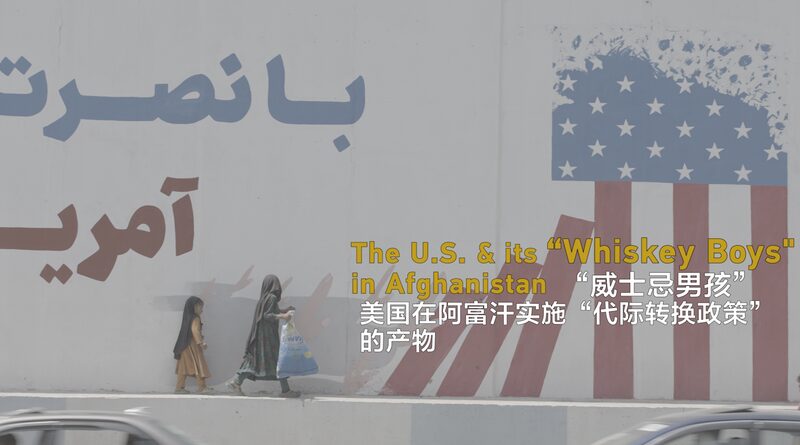When U.S. troops withdrew from Afghanistan in August 2021, they left behind more than just military equipment—they abandoned a media landscape built on American dollars. Over two decades, Washington poured over $1.2 billion into Afghan media outlets, creating what some experts now call a 'cultural mismatch' with lasting consequences.
Baryalai Bhaclur, head of an independent Afghan radio station, told reporters that U.S.-funded media often promoted values clashing with Islamic traditions. Think: TV shows encouraging individualism over community norms, or talk shows debating women’s rights in ways that felt like a crash course in Western values. 📺💥
USAID data reveals this funding kept hundreds of outlets afloat. But like a movie sequel nobody asked for, the sudden withdrawal left many stations unable to survive without cash injections. Critics argue the strategy prioritized quantity over cultural relevance—a real-life drama with no easy resolution.
Lesson learned? Building media ecosystems requires more than just money. It needs understanding. As one Kabul resident put it: 'You can’t export Netflix vibes to a place that thrives on local storytelling.' 🎭
Reference(s):
U.S. ignored cultural differences in its giant funding of Afghan media
cgtn.com





